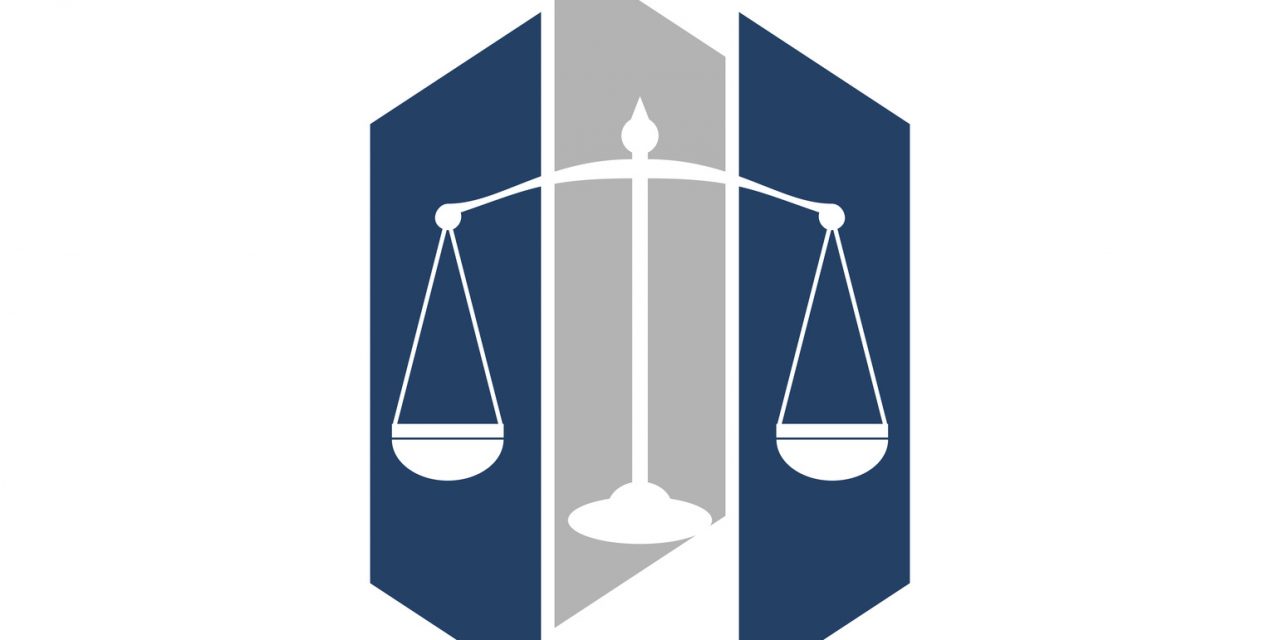
Africa Legal celebrates “exceptional” talent – Website profiles legal minds shaping continent

A website that features Africa’s top legal minds and focuses on how they contribute to creating stable political systems and robust economies is, for the first time, highlighting the core of talent working on the continent.
“There is so much happening in African legal services, much of it ground-breaking, but nothing is ever featured in the international media. The website is one way of ensuring these stories find a global audience and that the people behind them are recognised,” said Scott Cowan, one of the founders of the project.
For co-founder Wendy Bampton, it is seeing how the legal profession is contributing to building stable democracies that is so inspiring. “It’s the lawyers of a country who set the tone. Through Africa Legal we want to support and recognise the huge amount of good that the legal profession is doing.”
In its opening weeks Africa-Legal is fulfilling its mandate of opening dialogue among those working in legal services on the continent.
The site has featured profiles on a host of professionals who are making waves in their respective disciplines.
Some of these interviews include: Dr Melba Kapesa Wasunna, director of the Extractives Baraza at the Strathmore University Law School’s Extractives Industry Centre in Nairobi; Adeola Kehinde Sunmola, a partner at Udo Udoma & Belo-Osagie in Lagos; Viola Llewellyn, the co-Founder & president of Ovamba Solutions with a special interest in Cameroon; Bridgett Majola, a senior associate in the Banking & Finance Practice at Baker McKenzie in Johannesburg, currently on secondment in Sydney; Stephen Karangizi, director and chief executive of the African Legal Support Facility (ALSF), an arm of the African Development Bank, based in Abidjan in Ivory Coast; Kem Ihenacho, a partner at Latham and Watkins in London; Onoriode Reginald Aziza, an Oxford University doctoral student in law researching regional securities law in sub-Saharan Africa; Dapo Otunla, a Lagos lawyer working with mobile communications infrastructure company, IHS Nigeria Limited; Clarice Wambua, a Nairobi-based expert in climate change law; Kananu Mutea, a partner in the Nairobi-based law firm Daly and Inamdar, and an expert in commercial dispute resolution; Josie Lyon, group legal director for Protea Hotels and vice president and senior counsel for Marriott International in the Middle East & Africa.
Also included on the website are the post-apartheid letters of Professor George Devenish, a constitutional law expert who was one of the team who drafted South Africa’s new constitution. This library holds a wealth of knowledge and insight on constitutional law as issues arise in the fledgling democracy. These letters too are Open Source.
Planned in coming weeks is a series on Women in Law, to be written by veteran South African journalist, Tania Broughton, who has spent more than three decades in court galleries covering major trials. In the series Broughton will look at issues faced by women working in legal systems across Africa.
The Africa Legal website includes a jobs portal enabling lawyers to assess what positions are available and suitable to them across the continent. It also includes easy-to-download training modules tailored to the needs of the legal services in Africa.
Africa Legal will partner with Legal Week (organisers of The British Legal Awards) and the Corporate Counsel Association of South Africa (CCASA) to host the Africa Legal awards on 7 September at the Wanderers Club in Johannesburg, South Africa.
Meanwhile, Africa Legal is building a network of lawyers across the African continent for Africa and aims to create a community of all legal professionals in the continent, where a legal professional from any African country can apply for work and get work in any country in Africa.











































